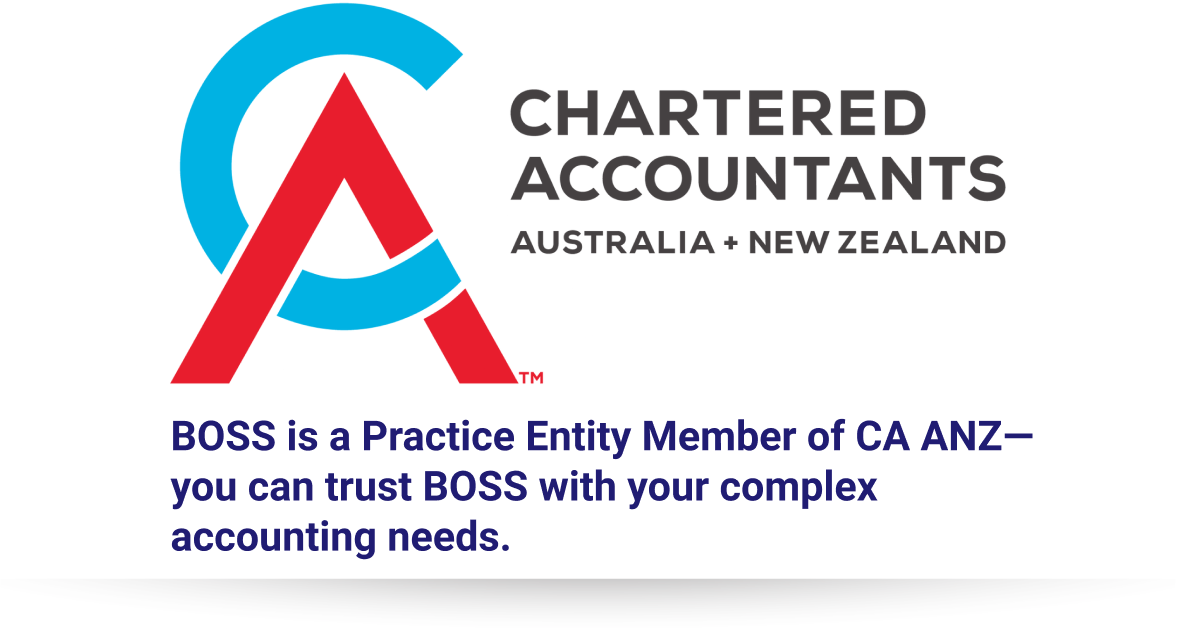Let’s revisit Simon Sinek’s concept of focusing on the “why” when establishing your own company. How can you leverage this approach to grow your business?
We all want to belong to something
Let’s revisit Simon Sinek’s concept of focusing on the “why” when establishing your own company. How can you leverage this approach to grow your business?
The fundamental human longing is to experience a sense of belonging and connection. We all crave to be part of a community, whether it’s a close-knit group, a collaborative team, or a supportive family. When we find ourselves in an environment where we don’t feel like we belong, our instincts kick in to seek out those who share similar experiences and emotions.
This concept extends to the accounting industry as well. There are individuals who are in dire need of professional accounting services and have chosen Firm X simply because it is convenient, affordable, or the closest option they could find that somewhat aligns with their needs and desires.
However, the current firm that these clients are dealing with is simply seen as a lesser evil. Firm X does not acknowledge that this specific group of clients is being underserved or neglected in any way by the accounting industry.
But if your firm genuinely cares and shows that it cares about addressing the issues faced by these clients, they will take notice. You won’t just be another firm; instead, you will be the firm that understands its unique needs and is committed to transforming the accounting industry so that others facing similar challenges are never overlooked again.
In essence, you are not just an accounting firm owner—you are a leader who strives to recognize and assist individuals in desperate situations. This is how true customer loyalty is cultivated.
Finding your cause
To determine if there is a segment of the accounting client base that is in desperate need of a leader, there are two approaches you can take.
The first approach involves leveraging your industry knowledge. If you have experienced frustration on behalf of your clients due to their mistreatment or neglect, then you have identified a cause and a purpose for your own firm to exist (your “why”).
The second method involves actively searching for client complaints on social media platforms. For instance, you can explore small and medium-sized local business groups on various platforms such as LinkedIn, Twitter, and Facebook. You may also focus on specific ethnic groups or charities that feel underserved. During your investigation, pay attention to recurring complaints. If there is a significant outcry from these groups, it signifies an opportunity for someone to step up and lead them.
By employing either or both of these strategies, you can identify and address the needs of an overlooked sector within the accounting client base.

Communicate your beliefs
Once you have pinpointed the specific issue that is causing discomfort or concern for both yourself and the communities seeking assistance, it is essential to convey to others that your firm’s primary purpose is to provide support to individuals facing similar challenges. Demonstrating your conviction that Problem X must be acknowledged and improved upon exemplifies true leadership. Effective communication plays a vital role in this endeavour.
Consider the example of Elon Musk. While electric cars were not a new concept at the time he introduced Tesla, they were largely seen as a novelty or simply an object of curiosity. However, Elon Musk revolutionised the conversation surrounding electric vehicles. He shifted the focus away from mere novelties or convenient alternatives to traditional gasoline-powered cars and instead presented electric vehicles as a crucial weapon in the fight against pollution and its detrimental effects on human health.
(This was also his approach to promoting and building Tesla, not the reason behind his success.)
Consider the time before Elon Musk’s widespread advocacy for electric cars. There were no car manufacturers actively promoting their own line of electric vehicles at that point. Fast forward to today, and every car manufacturer worldwide is releasing electric and hybrid models in order to stay relevant. However, despite the increasing competition, Tesla still stands as the leader in this arena.
Elon Musk was unapologetic and assertive when advocating for his belief that fossil fuel cars pose a threat to our environment and that Tesla cars are the solution. He effectively communicated his stance on this issue.
Fortunately, there were millions of individuals who shared Elon’s conviction. Your aim should be to attract clients who share your beliefs and values.
Repeat business versus client loyalty
Repeat business refers to customers who choose to engage with your business multiple times. This can be due to factors such as convenience, superior services, competitive pricing, or other reasons. However, it is important to note that even long-standing repeat customers can be swayed by competitors if they offer better alternatives.
On the other hand, loyalty goes beyond repeat business. It is when a client remains committed to your firm despite potential offers of cheaper prices or more luxurious amenities from elsewhere. Loyal clients stay with you because being associated with your firm reflects their values and beliefs.
Typically, individuals who are more likely to demonstrate loyalty are innovators. They enjoy being at the forefront of change and being early adopters. Their motivation is not solely based on obtaining a cheaper or superior product or service (as seen in the case of people lining up for iPhones). Instead, what matters most to them is being ahead of others when it comes to addressing their specific needs.
With this in mind, the question arises: how can your firm become an innovator rather than just another business with a catchy marketing strategy?
Building your marketing for innovators, not the crowd
The foundation of your marketing strategy should be centred around the purpose and mission of your company. Instead of focusing solely on your services, which every firm does, you need to stand out from the crowd. Your promotional efforts should revolve around expressing your frustration with a specific problem and declaring that you refuse to tolerate it any longer. This means emphasising the “why” behind your business on every platform.
Only once you have effectively communicated this belief should you showcase how you will tackle the issue by introducing innovative service packages designed for individuals who share your values. It’s important to understand that loyal customers choose to support you not because of what or how you do things, but because of why you do it. They continue to choose your brand because it aligns with their own beliefs and values, even if there are cheaper alternatives available.


